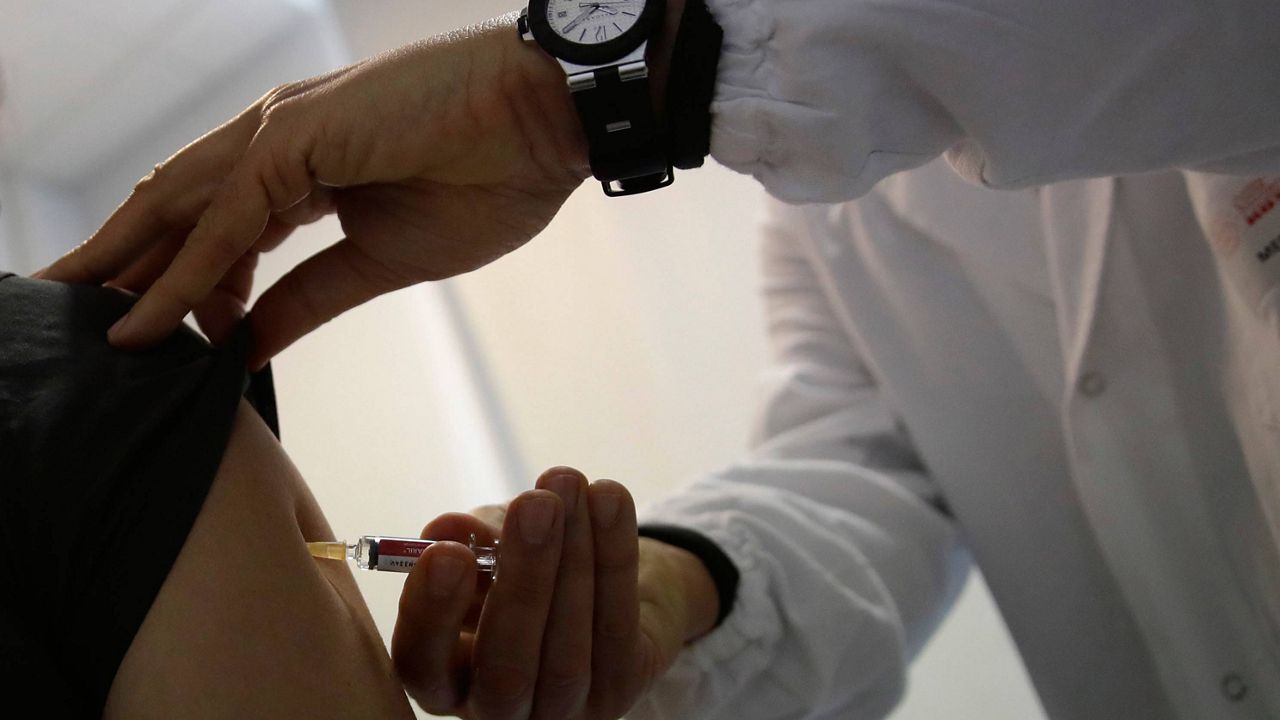Moderately to severely immunocompromised adults are now eligible to receive a fourth COVID-19 vaccine shot, the Centers for Disease Control and Prevention says in guidance updated Tuesday.
What You Need To Know
- Moderately to severely immunocompromised adults are now eligible to receive a fourth COVID-19 vaccine shot, the Centers for Disease Control and Prevention says in guidance updated Tuesday
- The CDC makes a distinction between the third mRNA shot — which, for the immunocompromised, it calls an “additional dose” — and the fourth shot, which it calls a “booster dose"
- Those who want the extra dose can opt for the Pfizer, Moderna or Johnson & Johnson vaccines regardless of which brand they initially received
- Researchers have found lower vaccine effectiveness in immunocompromised people compared to people who are not immunocompromised
The CDC makes a distinction between the third mRNA shot — which, for the immunocompromised, it calls an “additional dose” — and the fourth shot, which it calls a “booster dose.”
In other words, the third shot is essentially an extension of the primary vaccination series that is needed to optimize protection in moderately to severely immunocompromised people. The fourth dose is aimed at boosting waning protection at least six months after the third shot.
While certain people are eligible for the fourth shot, the CDC has not issued a recommendation saying they should get it.
Those who want the extra dose can opt for the Pfizer, Moderna or Johnson & Johnson vaccines regardless of which brand they initially received.
Researchers have found lower vaccine effectiveness in immunocompromised people compared to people who are not immunocompromised. Small studies have shown that an additional vaccine dose can enhance antibody response in some immunocompromised people.
People being treated for cancer, organ donor recipients, people with advanced or untreated HIV and those taking immunosuppressive medications are among the individuals who might consider a fourth shot.
Immunocompromised adults have been eligible to receive a third mRNA vaccine dose since August.
The Food and Drug Administration has since granted emergency use authorization to Pfizer and Moderna for their boosters to be administered six months after the second shots to adults 65 and older, as well as younger adults who have underlying medical conditions, or live or work in high-risk settings. Regulators also have authorized Johnson & Johnson’s booster shot for all adults two months after initial vaccination.



